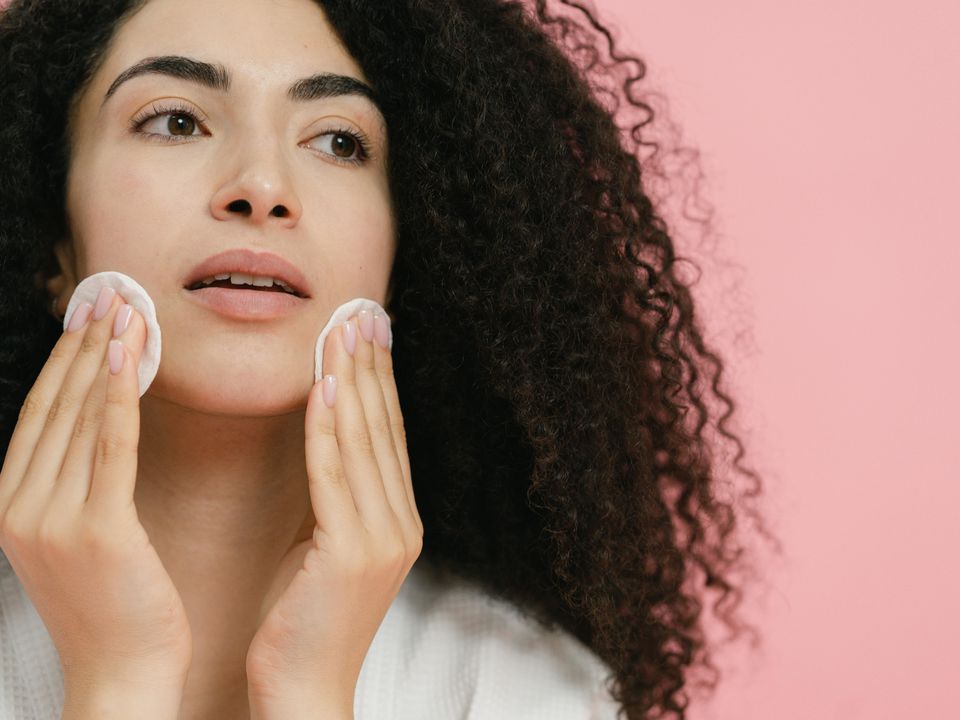
Жирній шкірі, як і будь-якій іншій, потрібні очищення, тонізація, зволоження та живлення. Але є і свої нюанси.
Косметологи пояснили, що дійсно хоче жирна шкіра.
У чому особливості жирної шкіри
Активне вироблення шкірного сала, яке відрізняє такий тип шкіри від інших, несе цілий спектр неприємностей: закупорку пор і, як наслідок, постійний (або частий) запальний процес.
Чого уникати, якщо у вас жирна шкіра
Засоби для зменшення акне й очищення пор часто мають у складі спирт, ретинол, саліцилову кислоту та інші інгредієнти, які дуже сушать шкіру, можуть зробити її дуже чутливою і призвести до ранніх ознак старіння. Тому тут важливі особливі правила догляду.
Очищення жирної шкіри може бути і м’яким: пінка або гідрофільна олія. Тонізування може містити себостатики (речовини, що борються з активною роботою сальних залоз): солі цинку, кислоти, ніацинамід. Жирних і важких текстур кремів для такого типу шкіри краще уникати, а ось легкі текстури, позбавлені жирних олій, — це те, що розглянути дійсно варто.
У жирного типу шкіри є чудовий плюс, який явно перекриває інші мінуси. Старіє (за належного догляду) такий тип шкіри все ж у трохи відкладеній перспективі.
Чи впливає харчування на стан жирної шкіри
Перелік обмежень від дерматологів добре відомий: це молочна продукція, солодке, жирне, борошняне, смажене, гостре. З єдиним застереженням: зазначене не так критично для просто жирної шкіри, але може бути справді критично для жирної шкіри з акне (особливо на тлі проблем зі шлунково-кишковим трактом).


 4462
4462






